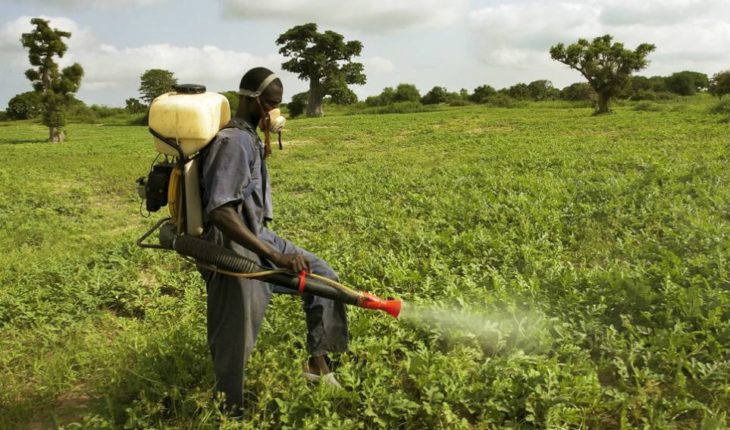Do you ever think about where the food you eat comes from? If not, you’re probably not alone.
After all, most people are too busy to take the time to consider how their food is produced and delivered to their local supermarket. Because of this, the farming process and its impact on the environment are often taken for granted.
This article takes a look at sustainable farming and why it’s so important in the struggle to protect the environment. Keep reading to discover insight into the value of eco-friendly farming and the ways renewable energy is utilized to produce the food we need to survive year after year.
- Avoid Outdated Pesticides
It’s no secret that pesticides are dangerous chemicals that should be avoided whenever possible. This is especially true of outdated pesticides that are no longer useful or needed.
The key to proper disposal is to look at the product label. That’s because the label will provide valuable information provided by the manufacturer based specifically by the federal government.
Outdated pesticides should never be used on crops and should only be disposed of following these government policies and laws.
- Recycle Plastics
It’s also important to recycle all the plastic products used on your farm. Why? Because even a modest-size farm will produce a huge amount of waste each year.
When it comes to plastics, the first step is reducing the number of plastics that you use. Next, farms need to make recycling a top priority. This reduces the number of products that go into landfills, thus reducing the number of toxins placed in the soil.
- Install Low-Pressure Irrigation Systems
Farms use a ton of water. After all, crops need to be watered daily, especially in areas that don’t typically experience adequate rainfall.
Reducing water usage is one of the most important ways to reduce costs and save energy.

The key is to take advantage of technology such as low-pressure drop tubes. These tubes dribble water over the crops rather than spewing it, thus saving more than 15% of the water that’s typically lost to evaporation.
- Rotate Your Crops
Rotating crops is another important way to protect the environment. This is due to the fact that overworking land will deplete the soil of nutrients that are crucial for quality food.
Be sure to check out this insurance agency.
- Reduce Soil Tillage
When soil is tilled too often, the structure of the soil will begin to break down. This results in too much carbon being reduced into the air. Reducing soil tillage will thus help to slow the effects of climate change.
- Invest in the Right Equipment
Investing in the right types of farming equipment is key to running a sustainable farm. This includes the type of fuel the equipment uses and the way the soil is tilled.
- Protect Microbial Life
Most people dislike insects, and yet many insects serve a very important role in the farm ecosystem. Thus protecting the microbial life on your farm acreage will protect the environment and provide richer soil for growing crops.
A Guide to Important Sustainable Farming Practices that are Helping to Protect the Environment
Protecting the environment is a team effort. Fortunately, these sustainable farming tips will help keep the planet healthy.
Keep scrolling for more useful small business and farming tips on this blog.






